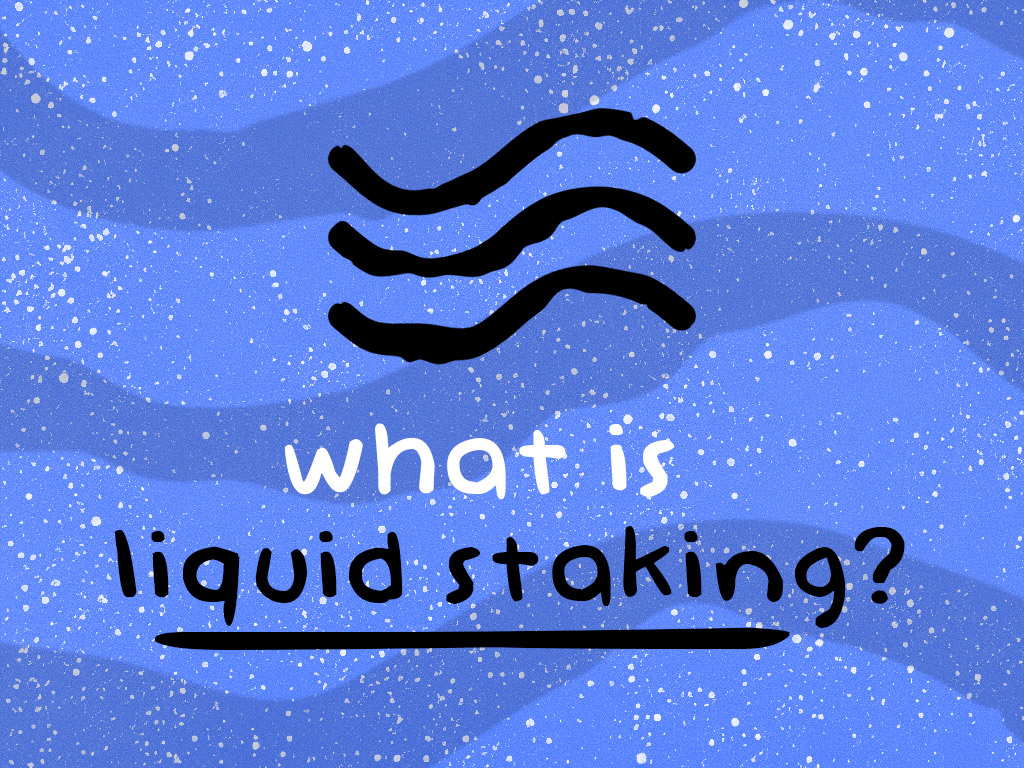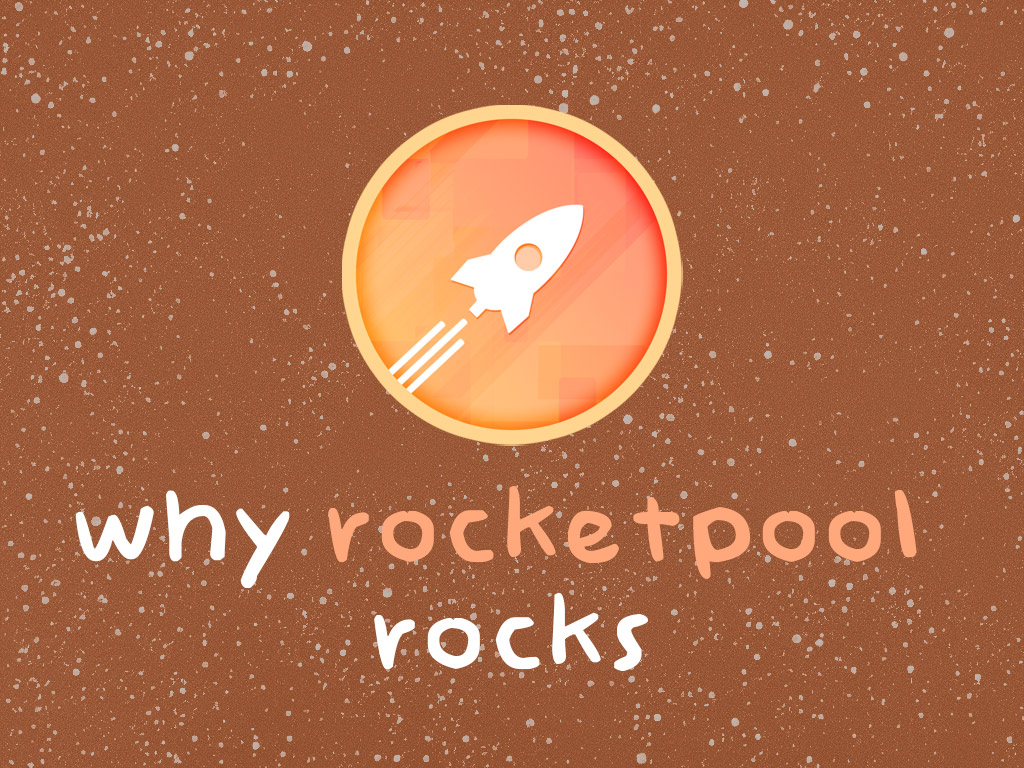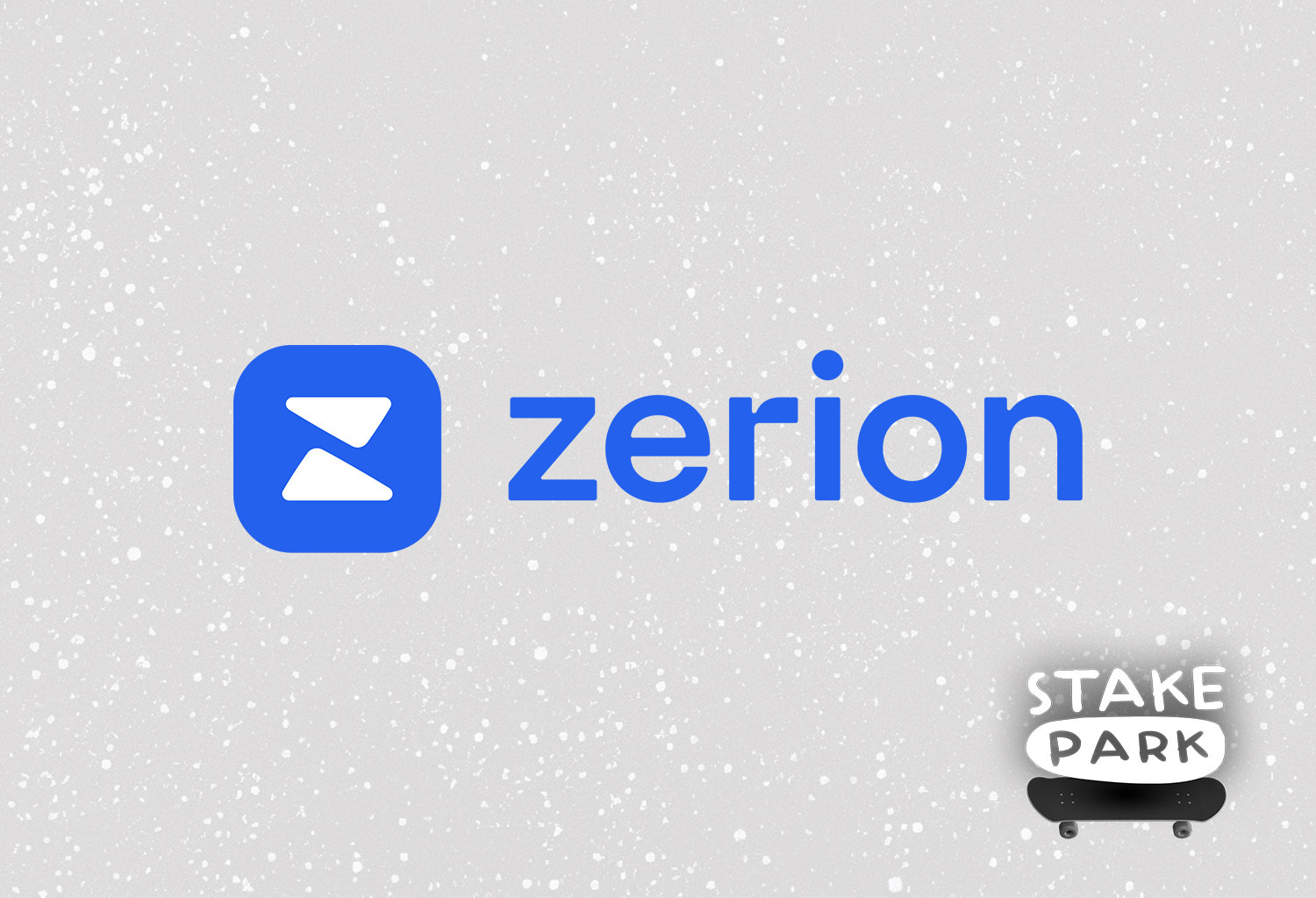Liquid staking is a relatively new way for holders to earn yield or interest (via staking rewards) without having to lock up their assets, as is with traditional staking.
New to staking? We want to teach everyone to stake! Learn what is staking and check out our other (pretty easy to follow) guides!
Staking has been around for a while in the cryptocurrency world, but with Ethereum (finally) moving to proof of stake, it really has taken off in popularity.

However, staking Ethereum, at the protocol level (or natively, as some say), requires a minimum of 32 ETH! Yikes! Far out of the reach of most people. However, staking pools and liquid staking apps and staking pools (more about staking pools at a later date) have popped up to help users group up their ETH and earn staking returns.
Liquid staking to the rescue
Liquid staking works by allowing users to exchange their native ETH for another representative token (let’s use stETH as an example, meaning staked eth).
ETH is exchanged at 1:1 (or nearly 1:1, depending on demand), and you receive representative tokens that represent your original ETH deposit. These representative tokens are eligible for staking rewards just by sitting in your wallet. Put in 2 ETH, get 2 stETH, right?
Don’t fear, stETH can* exchanged back for ETH 1:1 and easily transferred, sold or converted as normal, non-reward earning ETH.
*Note, some protocols, do not allow withdraws of their representative coin… yet. This will all change in Spring 2023 as the Ethereum network unlocks staking withdraws at the protocol level! But you’re in this for the long haul, yeah? No problem.
The reward rates (called yield in DeFi more so than interest) for liquid staking is very much in inline with traditional staking ROI and is infinitely more flexible. With traditional staking, users are required to lock up their assets for a set period of time and can face long un-delegation periods (un-delegating is the process of un-staking staked assets and waiting for it to be movable/transferable again, sometimes a few days or longer).
stETH, sETH, rETH all just a few example liquid staking tokens. You get the one depending on the liquid staking protocol uses.
As a bonus, liquid staking can sometimes offer a higher return rate than traditional staking.
In order to participate in liquid staking, you will need to have a self-custody crypto wallet (no centralized services here!) that supports Ethereum. Once set up, and with some ETH in and ready to go, you find a liquid staking protocol and deposit your native ETH to it. From there, you get your representative tokens (i.e. stETH), which you can see in your wallet, and you’ll immediately start earning staking rewards. That’s all! When you’re done staking, just visit the liquid staking protocol and unstake. Back to regular, non-yield earning ETH.
As with any investment, there is always a risk involved, and the value of your assets will fluctuate, but with liquid staking you can be confident the amount of crypto you have is ever-growing.
Wrapping up
In conclusion, liquid staking is an awesome way to stake crypto, right now! It features more flexibility than traditional staking and no minimum amount to get started.
Want to get started with liquid staking? We support popular liquid staking protocols in our staking dashboard app StakeBoard! Our app is designed for new users, is non-custodial and we only list the most trusted liquid staking and pools, and even rank them by yield (so you can be sure you’re getting a competitive yield rate!






Leave a Reply